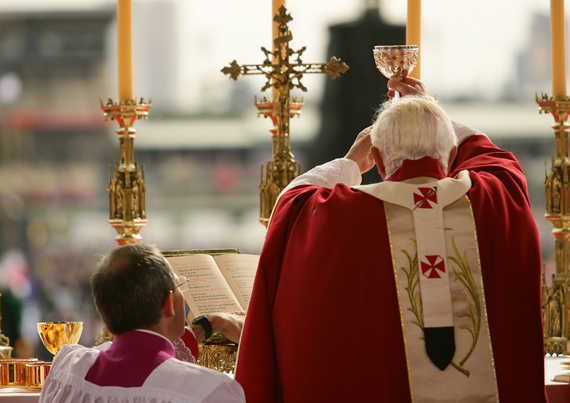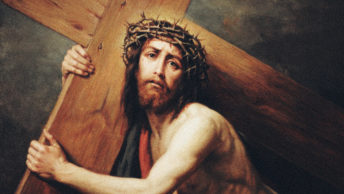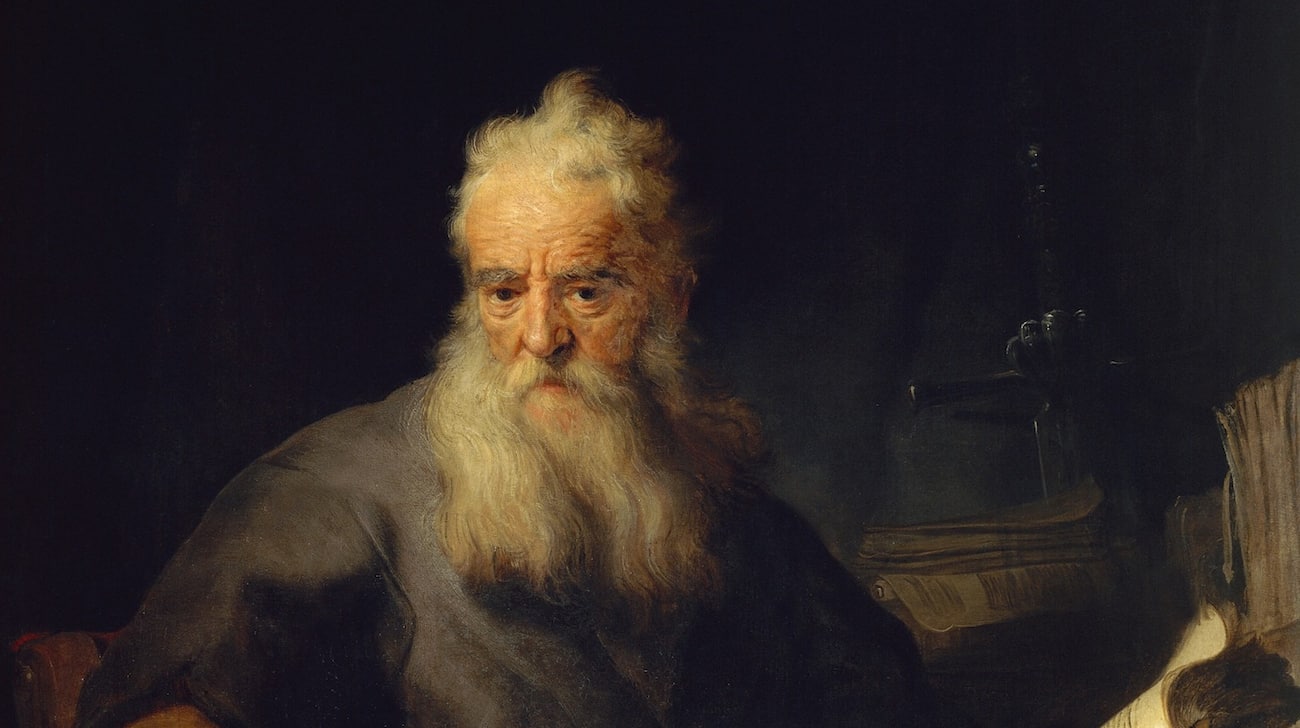The long litany of pain and woes beset us all. The news media, movies, television, and the Internet are filled with tales of human suffering, pain, and loss. How do we deal with it? Over the centuries of human history philosophers and thinkers have given us ways that attempt to deal with it. Mental suffering is worse than physical suffering because mental suffering buries our souls in an agony that is far more profound than physical suffering. In the midst of all this we hear Jesus declare: “Whoever wishes to come after me must deny himself, take up his cross, and follow me.”
Let me put before you now that we are Christians and therefore all suffering should be seen in Christ’s suffering. Others may deal with suffering differently. But for us, we see that Jesus Christ, God’s incarnate and personal presence among us as one of us, accepted suffering purposefully. He did not passively submit to it. That would be useless. Christ’s suffering was infinitely meaningful, so much so that in His suffering He negated the power of evil and defeated all of the forces of evil. Rising from the dead, Christ drained the power of evil to hold us in bondage and opened for us the way to heaven.
Whenever we enter into a Catholic church we are immediately confronted with the crucifix, that visualization presents you with the truth that is not only Christ who suffers, but it also all of humanity that writhes crucified in pain. It is horrible; it depicts our reality. It tells us that our humanity is nailed to crosses of pain.
Various forms of escapism lead many to seek out pleasure in order to compensate for their pain, but such compensatory escapism never works; it often leads only to greater suffering. For the Christian, however, we see that Easter can follow our Good Fridays. Suffering doesn’t work like we think it should. Often it strikes down the righteous and spares the wicked. Nevertheless most of us, regardless of our age, I.Q., religion, or wealth, cannot avoid its sting. Here I want to point out for you the spiritual wisdom of our modern world’s most beloved pope, John Paul II, and the rich theology of suffering he articulated in his writings about the most pressing challenge to faith — the problem of suffering.
To put it into summary words, Jesus Christ did not accept suffering passively, He accepted suffering purposefully. If St. Paul taught us anything, he taught us that. Not only did St. Paul preach that, he lived it out, suffering as he did great sufferings in multiple ways. Declared St. Paul:
Now I rejoice in my sufferings for your sake, and in my flesh I complete what is lacking in Christ’s afflictions for the sake of his body, that is, the church… (Colossians 1:24)
What’s lacking is our personal presentation of Christ’s sufferings to the people for whom He died, all of us. Christ’s afflictions are lacking in the sense that they are not seen and known among the nations of people worldwide. Those sufferings must be carried by us, by you and I who are ministers of the gospel. Thus, in living out Christ’s life we fill up what is lacking in the afflictions of Christ by extending them to others in our own sufferings that share in Christ’s.
In another passage St. Paul writes:
Grace to you and peace from God our Father and the Lord Jesus Christ. Blessed be the God and Father of our Lord Jesus Christ, the Father of mercies and God of all comfort, who comforts us in all our affliction, so that we may be able to comfort those who are in any affliction, with the comfort with which we ourselves are comforted by God. For as we share abundantly in Christ’s sufferings, so through Christ we share abundantly in comfort too. (2 Corinthians 1:2-5)
What does that mean for us? It means that taking up one’s cross and following Christ does not indicate that we should passively submit to oppression, discrimination, and abuses in their varied forms. That was the constant message of John Paul II, a message that he personally lived out. We can be comforted in the knowledge that our own personal sufferings can be given meaning, infinite meaning and purpose because we can make them a part of Christ’s redemptive sacrifice. Therein lays the power of non-violent revolution led and lived by Mahatma Gandhi and Dr. Martin Luther King as well. Both understood the power and meaning of what Jesus Christ was holding up for us to see, understand, and accept. Those who cause others to suffer abuse their Creator.
We are precious and loveable in God’s eyes and we should identify ourselves as such. Those who abuse us and force us into submission abuse and degrade God’s love. Suffering, oppression, and abuse are to be actively resisted and overcome. We need to hold before our eyes and strategies and tactics of Mahatma Gandhi and Martin Luther King.
Denying one’s self isn’t Christ’s call for us to passively submit to injustices; that would be useless. Denying one’s self calls us to unselfishly live in Christ, to share in His identity and purposes. It means to follow in His intentions not in our own strategies. It means employing strategies that cut the ground out from those who seek to hold others down by powers of domination and submission.
Those who exercise dominating power and control over others, the principalities and powers of this world, want us to see ourselves and powerless and as victims. Jesus, on the other hand, wants us to identify ourselves in Him in exactly the opposite ways the powerbrokers want us to see ourselves. Jesus was tried, condemned, and crucified by the power elite, by the political and religious authorities who realized He was a tremendous threat to them because He was draining them of their power to dominate and control.
One does not overcome violence with greater violence because that only multiplies violence by two. One does not overcome evil by further evil because that only multiplies evil by two. Jesus lived life differently. He stood silently in front of Pilate because He wanted Truth to speak for itself. Actually it did because Pilate allowed Him to be crucified only to please the mob, not because justice required Jesus to be condemned and executed. We need to clearly see Pilate’s motives and we need likewise to clearly see the motives of the religious authorities who wanted to do away with Jesus. Pilate’s were out of fear of the crowd; the powerful religious establishment because they saw clearly the inner power and strength of Jesus and where it came from. They were enforcers of dominating power, not enablers. For them, law trumped love. Theirs was a religion of punishments, punishments in the name of an angry God. Jesus, on the other hand, was a caring healer. With Him, the crippled could stand up and walk. With love and forgiveness He freed those shackled by guilt and set them free to walk in the glorious freedom of the sons and daughters of God. No system of worldly power and control can stand up against that, particularly if people really believe in it. Truly, the Kingdom of God is nothing at all like the kingdoms of this world.
So when it comes to dealing with suffering, do we face it with passive acceptance, or to we accept it with a purpose? That question is always before us. But we are one with Christ and His victory is ours to claim. Our participation in the Holy Sacrifice of the Mass places us through Christ’s Body and Blood into the reality of who He is and into His resurrection for the dead, victim no longer and victorious over all that is evil. [22nd Sunday in OT- A]








